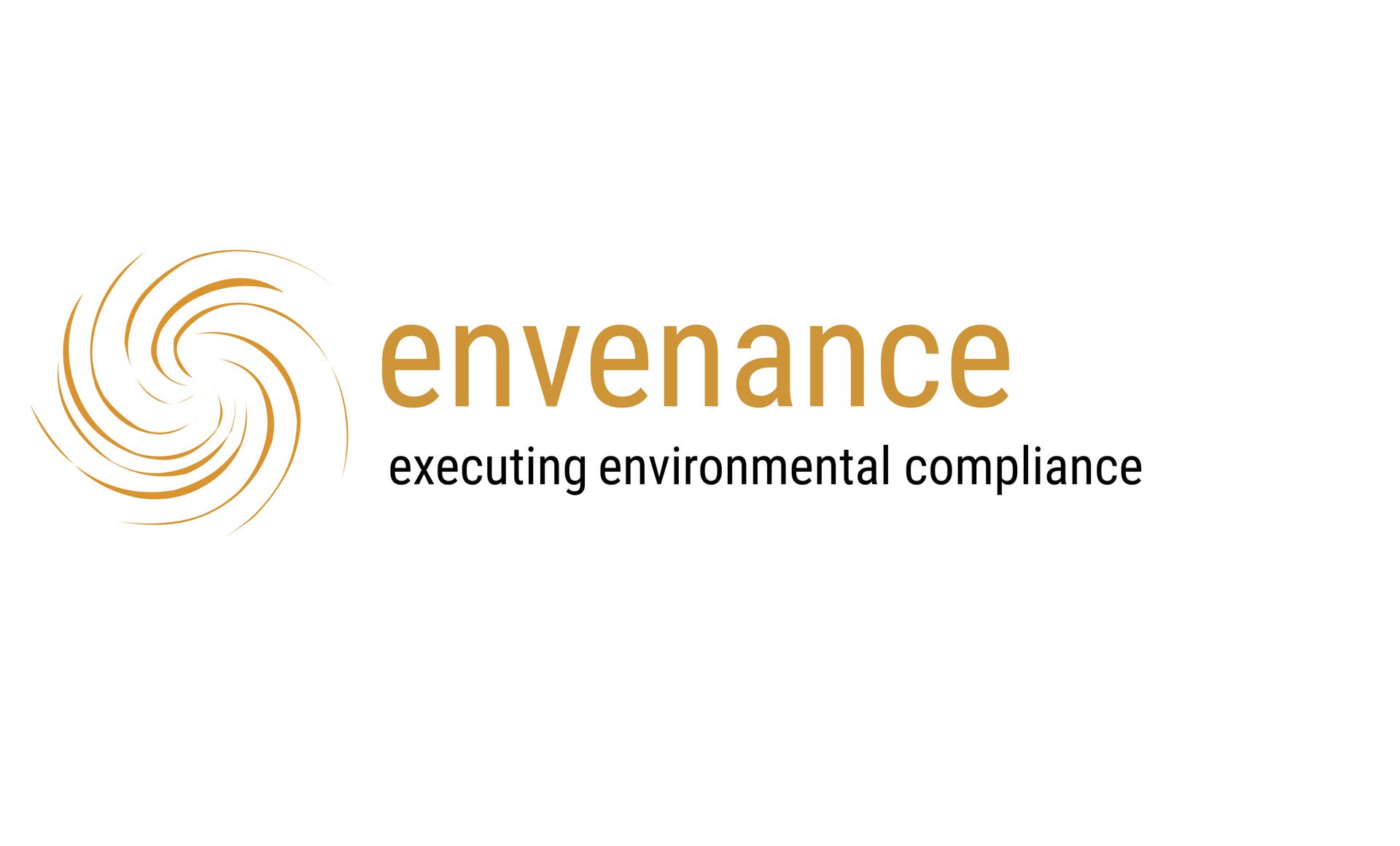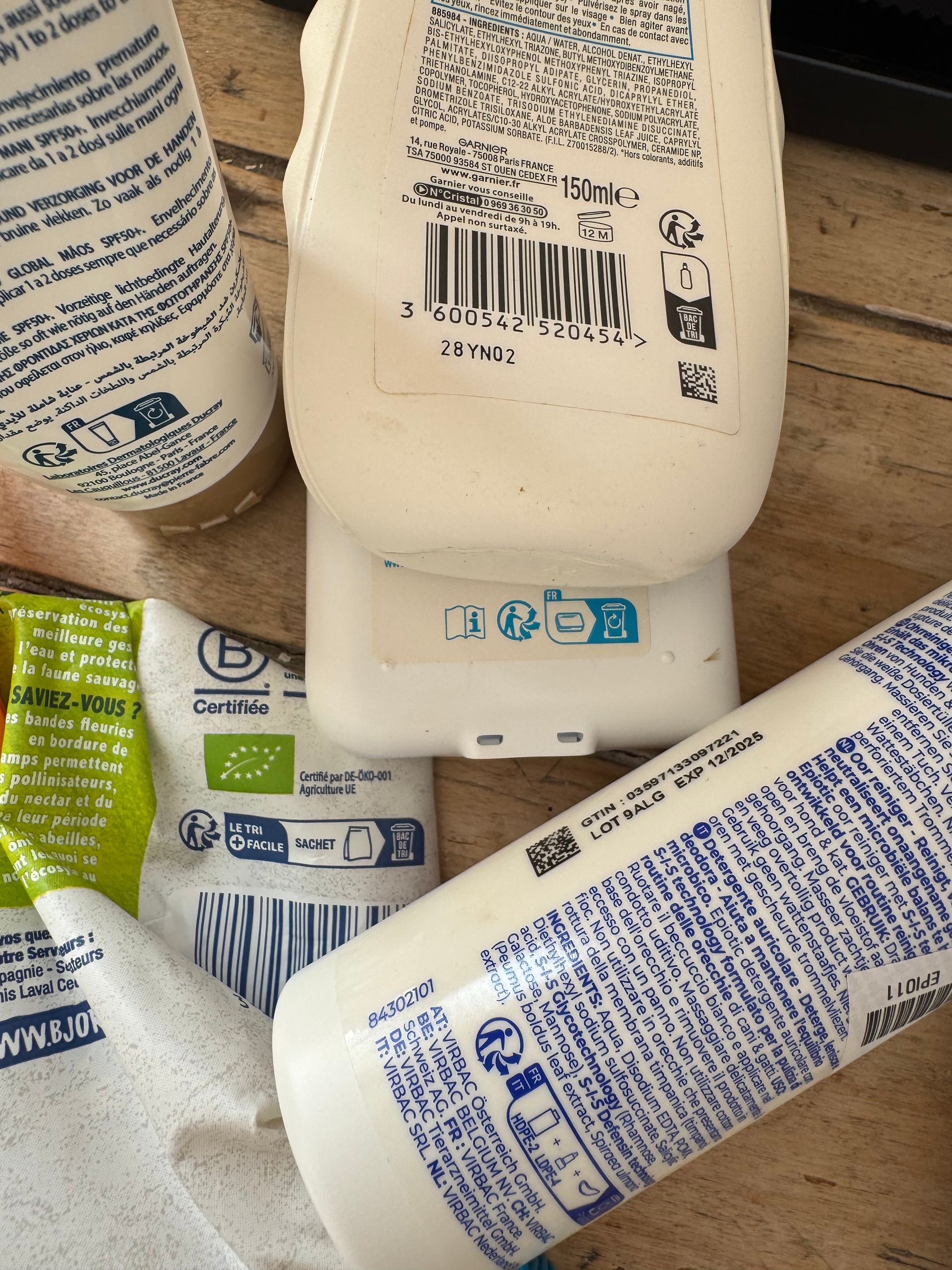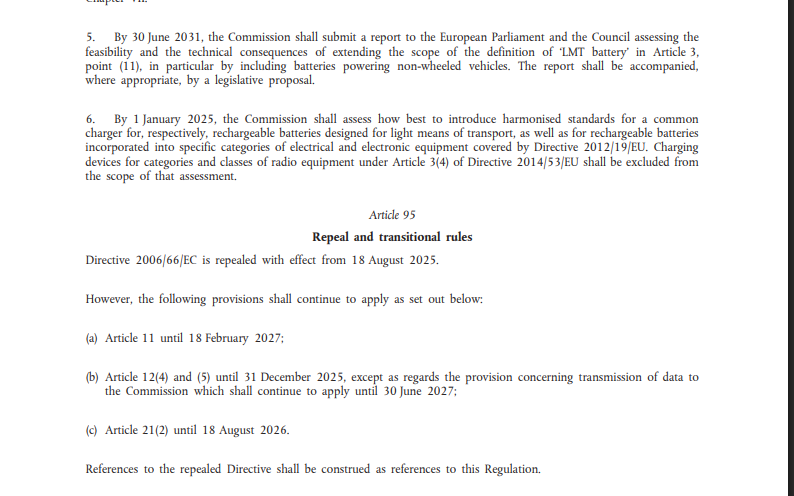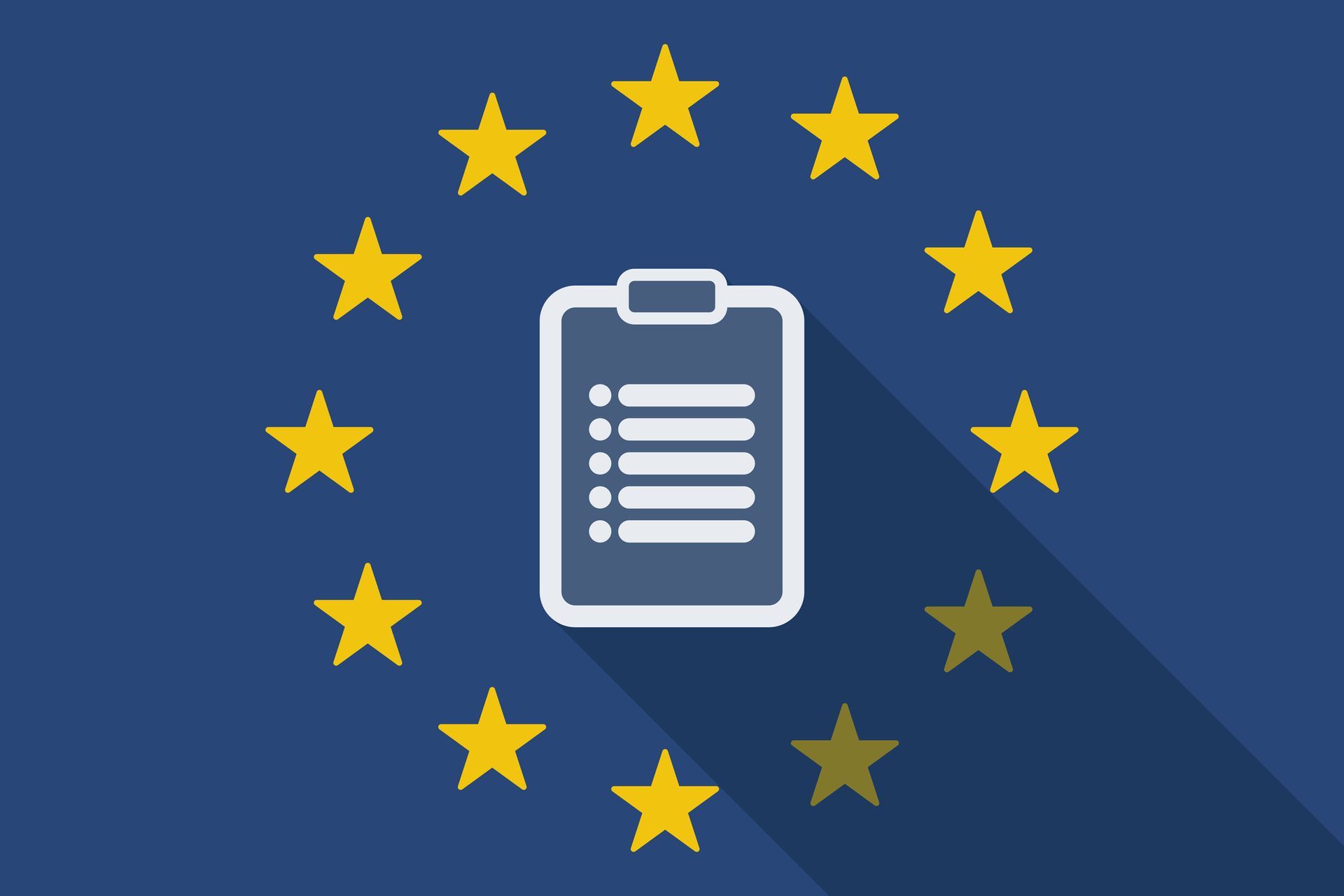White glove WEEE logistics
The myths and the reality of network management.
Throughout many industries, but particularly within the IT and medical equipment industry, the managment of end-of-life equipment includes more than just recycling and disposal. Since a wide range of equipment is installed on a lease or usage basis, those assets need to leave the financial books before they can face their final destiny. Hence, the companies putting such equipment onto the market require field inventory counts with an according standardised documentation. A simple task? Far from it.
The equipment is in most of the cases distributed around multiple countries, needs to be handled in small quantities and is to be disposed of after the value-added service. These requirements lead to a dilemma that companies regularly face: recycling companies are mostly determined to fill their shredding machinery and therefore need high volumes. Accordingly their transportation capacities are dominated by large volume loads. Doing detailed inventory counts and documentation on a small scale does not fit into their organizational setup. On the other side, transportation companies are also frequently laid out for larger volumes. Smaller transportation logistics companies are on the other side often oriented towards parcels or small volume items, but then lack of know-how in the waste sector, not to speak about the lack of licenses or approvals for waste transportation. Furthermore, there is an extremely limited choice of companies in the market that provide this service in all countries by their own organisation. Hence, network management is the requirement of the hour. The choice of appropriate transportation companies and of thoses recycling companies that have specialised departments in smaller WEEE operations - or are even specialized in such kind of WEEE operations - in such a network lead to the ability of a network manager to offer small-scale services at acceptable costs. Furthermore, if the network organisations all follow a standardized service profile, the outcome of each individual service leads to a standard result as generated by one single provider.
It is, however, nearly an art to find small transportation providers, particularly on an international level. Small logistics companies have commonly no sophisticated websites, not speaking of SEO optimization. Therefore the google search does not directly lead to them - and who wants to look up 20 pages down the road for finding a company? Company listings in the so-called "yellow pages" are also not really helpful since they very often lack of an appropriate description of the service levels. At the end it is a mixture of internet search, social media usage, chamber of commerce calls and word of mouth that lead to potential partners. However, even then the tasks are not done with. One might find companies who claim being able or willing to do the service, but it is not enough for the network manager to simply know addresses and send orders across. This applies also to the work with those recycling companies who are prepared to engage in these kind of tasks. Frequently, such WEEE operations are managed by a specialized staff who handle an enormous work load, both in execution and administration.
Network mangement is therefore essentially a communication task and relies heavily on a mixture of both written and verbal communiation and personal involvement. What does that mean and how does envenance deal with this?
Once the order is received for a pick-up, a clear instruction needs to be passed on to the networking partner. We at envenane prefer to communicate directly with the pick-up location before handing over transportation orders to the logistics company. Very often the information between pick-up site and the ultimately responsible customer has been deformed already. The author of this article calls this the "silent post effect". Do you remember the children's game when you whisper a word into one child's ear and then ten childs later a different word comes out? This happens in business also, connected with the fact that listening communication appears to catch only 75 % of the sender's message. Is then writing not the appropriate means of communication? No, a combined effort is necessary. Therefore, we at envenance make sure that the written information is verified and then passed on to the logistics company - again in writing and with verbal explanations. During the pick-up process, our company is available for feedback by telephone and we make sure to check with the pick-up location afterwards that all went well - and in cases where it didn't we again make sure that we document and implement our learnings.
Now if you think that the heavy part is over, it is still all wrong. Receiving documents from networking partners, having invoice data and getting feedbacks automatically - very often unknown. Why does it take up to two months for receiving a weighing note from a WEEE recycling plant? Due to lack of communication. It is again not enough to write mails - and in respect of the already mentioned work load of the people involved, a pure management follow-up is neither appropriate nor sufficient. Communication processes need to be understood and implemented before the order. Once this is done, a simple phone call can do miracles for both sides.
At the end of the day, the payment procedure is relevant also. Once partners know that they are paid correctly and in time and not systematically after having sent out several reminders, those partners are happy to serve and also go the extra mile. Pushing for performance at no costs is leading to delayed reactions - at best. If you ever wonder about the lack of enthusiasm of partners regarding your orders, maybe take a look at the accounts payables.
Summing up, value-added logistics services for WEEE take-backs require access to a network of small-sized transportation companies with waste approvals and specialized WEEE recycling partners or departments. Managing such a network requires constant and intense communication, both in writing and verbally and along the entire process. People with good international communication skills achieve. A mere e-mail management to an address data base will definitely fail.
If you would like to see international network management at work, challenge us.













